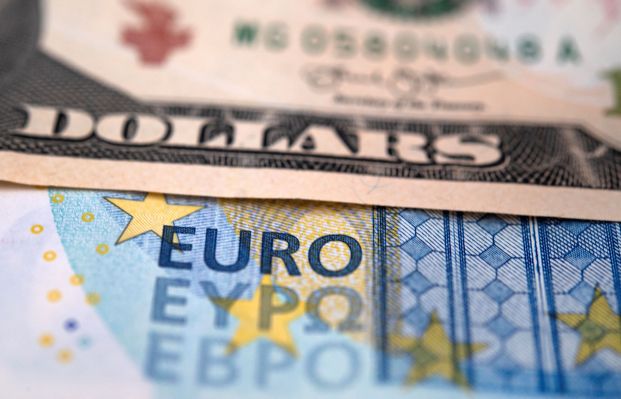Remote working and digital nomads became two very prominent aspects of the world of work during the pandemic, shedding light on the millions of people who live in one country but earn money in another. Now, a startup that is building financial services catering to that demographic is announcing some growth funding to expand its business.
Bunq — a Dutch startup that provides banking, savings, payments, card and other services to consumers with a focus on people who might need such services in more than one country across Europe — has raised €100 million in equity funding ($111 million at today’s rates), €44.5 million that just closed today, and a previously undisclosed €55.5 million earlier this year.
The investment is being made as an “inside round” from previous backers, specifically Pollen Street Capital, Raymond Kasiman and founder and CEO Ali Niknam. The round is coming in a valuation of €1.65 billion ($1.8 billion today; $1.9 billion in 2021), exactly the same valuation the neobank had in 2021 when it raised $228 million from the same investors.
That round was the first and last external investment and thus valuation assessment Bunq had ever taken. Previously the startup was backed by Niknam himself, who invested millions on the back of being a third-time entrepreneur — he described Bunq to me as “my third unicorn” in an interview earlier today — and said that today he still owns about 90% of the company.
The plan will be to use the funding to continue expanding Bunq’s business. The company currently has 9 million customers, compared to 5.4 million one year ago, and it has €4.5 billion in customer deposits (versus €1 billion two years ago). The majority of its customers are in Europe but Niknam said he sees as big of an opportunity in the U.S. as it has seen in its home territory. In April this year it started the process of getting a banking license sorted there.
Its aim initially will be to target the various expats from Europe who have moved to the U.S. but still have roots in Europe.
“I have experienced how complicated things are in the U.S.,” he said. “You can’t survive without a bank account, but getting one without a U.S. tax ID [or credit history there] can be mind-bogglingly difficult.” Similarly, he believes that offering services to U.S. residents who have moved abroad to Europe presents another opportunity that’s much easier than opening local bank accounts.
The company’s flat valuation, and inside round, speaks to the pressure that we continue to see in the venture market, with those raising larger growth rounds finding it particularly challenging to raise money and to do so at strong valuations.
“Our first round was at the peak of the market, and so while we have grown considerably, the market has gone down,” Niknam said. “But we have been perfectly comfortable keeping the valuation that we have now.”
He described the company as “healthy and sustainable”: Bunq has been operationally profitable for the last couple of years he said — based primarily around a model where users pay not big fees for doing transfers and other transactions across borders, but by way of monthly subscription fees for their accounts across a number of tiers — and the business plan and projections they have is for the whole company to be “profitable profitable, with money in the bank and everything” by the end of this year.
Healthy and sustainable are the operative words for Bunq. Founded in the wake of the financial crisis, Niknam saw an opportunity, in 2012, to build a new bank that he said was more “durable” and built to provide services that consumers really needed. With more trends pointing to people traveling and working across international lines — “digital nomads” definitely predated COVID-19 — and traditional banks not really rising to the challenge to address that in a cost-effective way, it was a signal to him to try to build something that could.
The name Bunq does not have a particular meaning as slang, but from what I understand, Niknam liked it because when it’s styled with a lower-case “b” in its logo (bunq), it reads the same way right-side-up as it does upside-down, a metaphor for how the bank aims to be as usable for people regardless of where they are based. And “bunk” sounds a little like “bank.”
Notably, he said that some 65% of all current accounts at Bunq are primary accounts, meaning that these are the primary deposit accounts for these customers. Having a healthy number of primary accounts as a proportion of activity remains an elusive area for a lot of neobanks, which are not only still accounting for the minority of all current accounts globally, but are often used as “secondary” accounts into which people deposit money after it’s paid into incumbent accounts.
